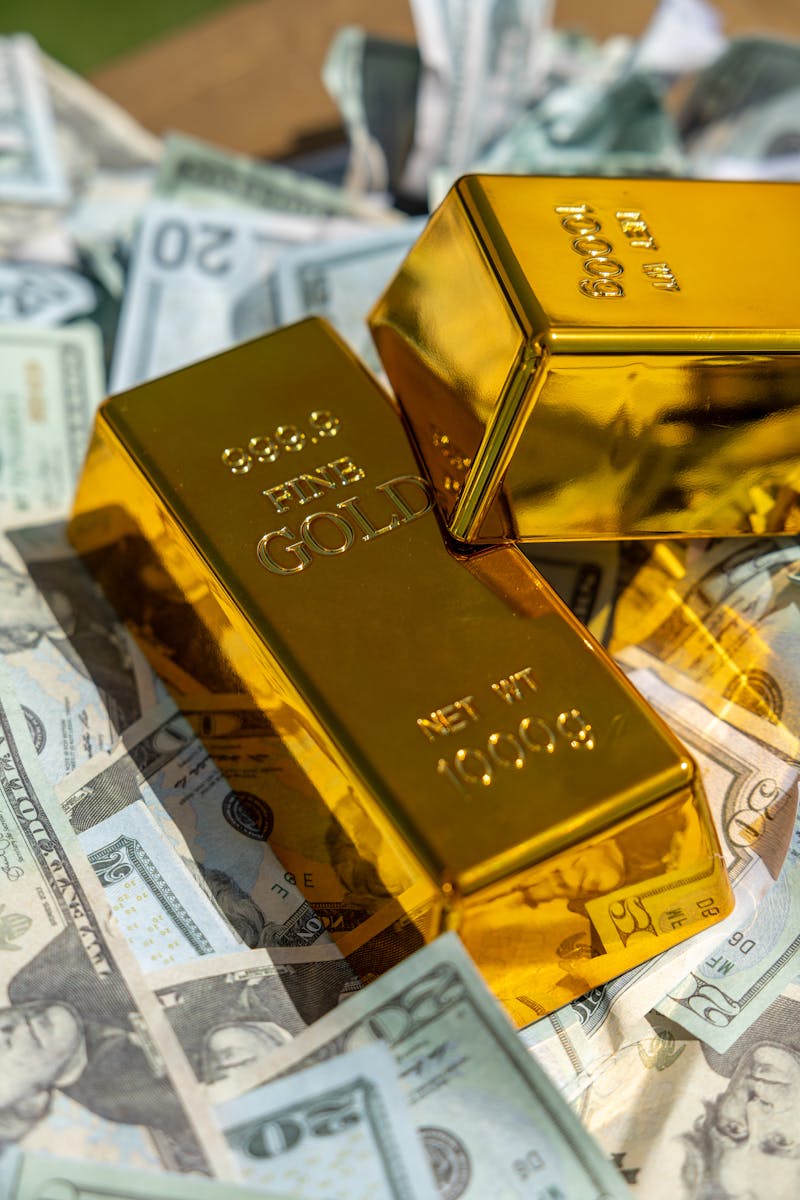Gold prices have reached an 11-week high in Asian trading, extending gains for a third consecutive session. Safe-haven demand for the precious metal has grown amid fears of U.S. tariffs under President Donald Trump’s administration. Gold rose 0.2% to $2,749.29 per ounce, its highest level since early November.
February gold futures also gained 0.2% to $2,766.57 an ounce by 01:45 ET (06:45 GMT). Traders remain cautious as they try to gauge the impact of Trump’s potential tariff policies, which are expected to drive up inflation. The dollar fell sharply on Monday after Trump avoided providing specifics on U.S. trade tariffs, further supporting gold prices.
As a safe-haven asset, gold has maintained its price above a one-month peak since last week, reflecting market preparations for global uncertainty. Trump said on Tuesday that he is considering imposing 10% tariffs on Chinese imports starting February 1 and also vowed to hit the European Union with tariffs.
Gold extends gains amid tariff fears
Increased tariffs are likely to reduce trade imbalances and boost inflation, both of which are seen as dollar-positive. A stronger dollar typically pushes gold prices lower by making the metal more expensive for buyers using other currencies. Other precious metals were muted on Wednesday, with silver remaining unchanged at $968.45 an ounce and platinum steady at $31.51 an ounce.
Copper prices have also fallen, continuing their subdued performance after Trump’s inauguration. The combination of anticipated U.S. tariffs and the prospect of a stronger dollar has weighed on the red metal. Historically, copper prices have declined during periods of escalating tariffs and trade tensions due to reduced demand from China, the world’s largest copper consumer.
Traders continue to closely monitor developments stemming from President Trump’s potential tariff policies, which are creating significant uncertainty in the markets. As gold remains a critical safe-haven asset amid these turbulent times, industrial metals like copper face downward pressure due to trade concerns.

